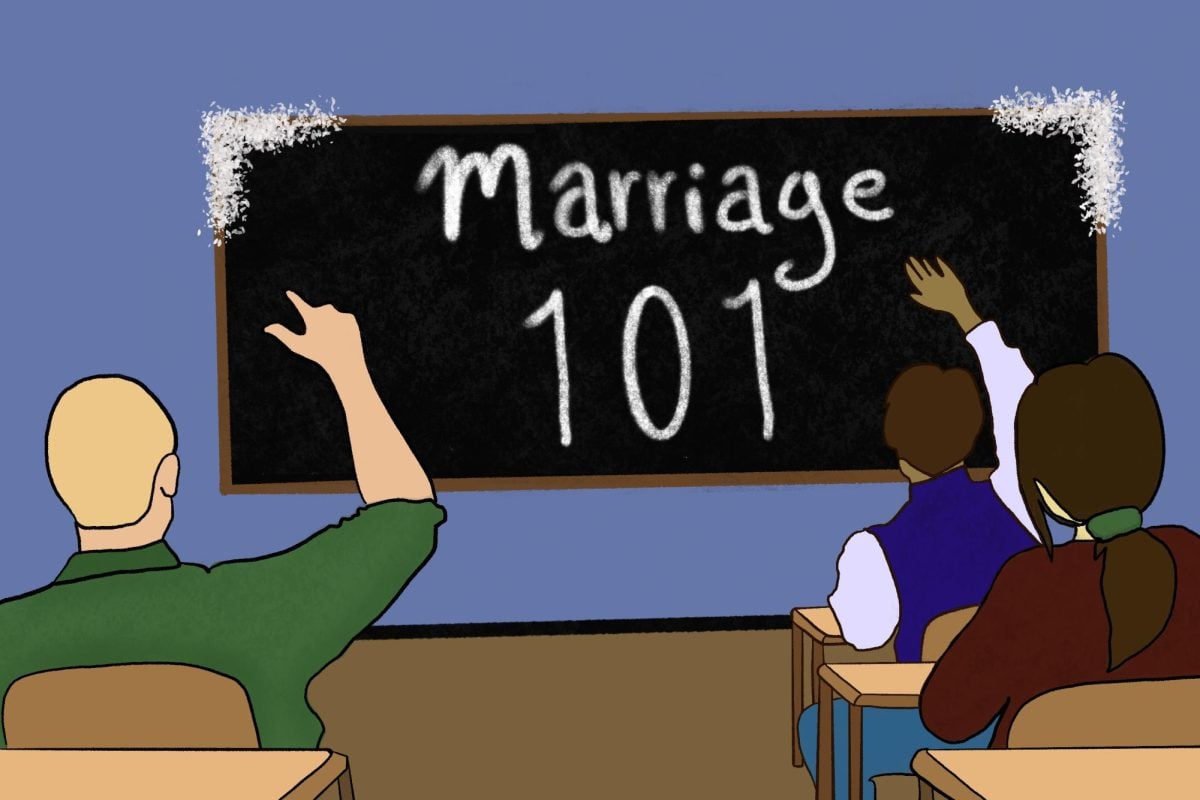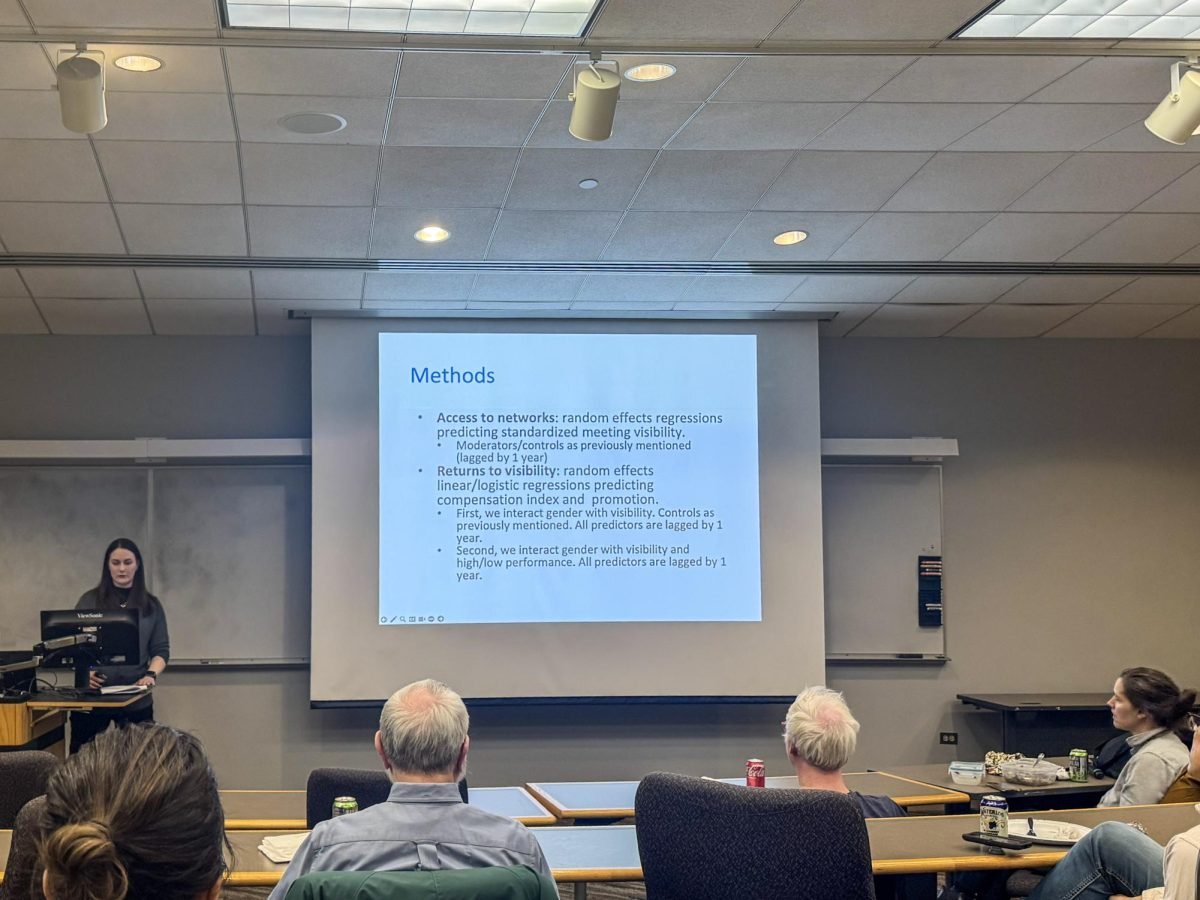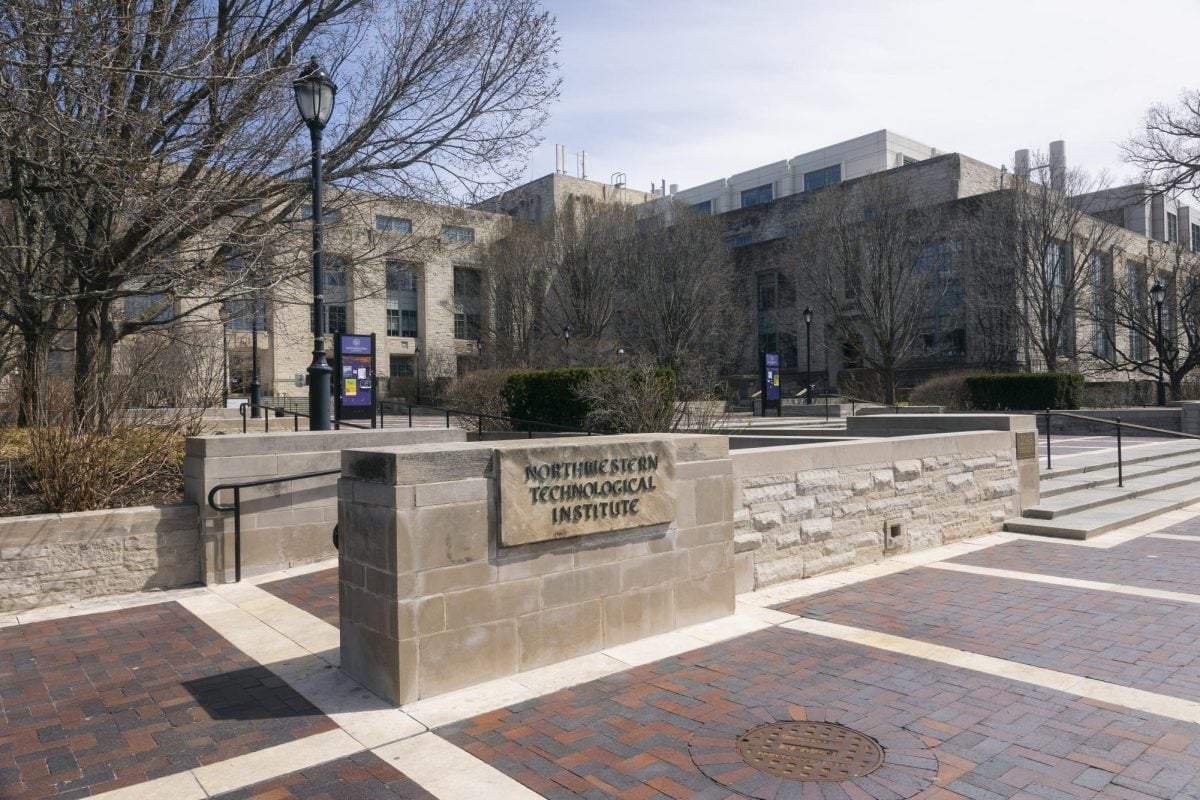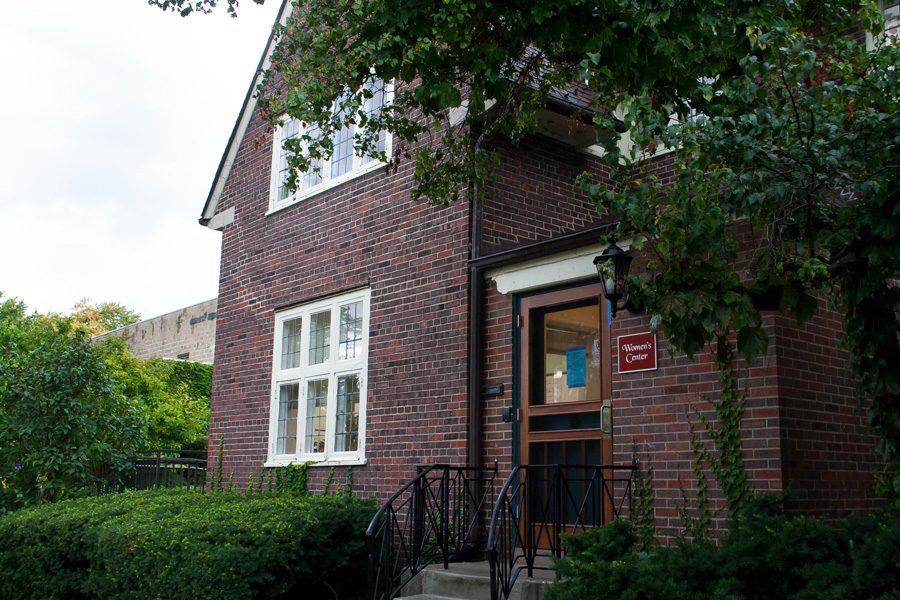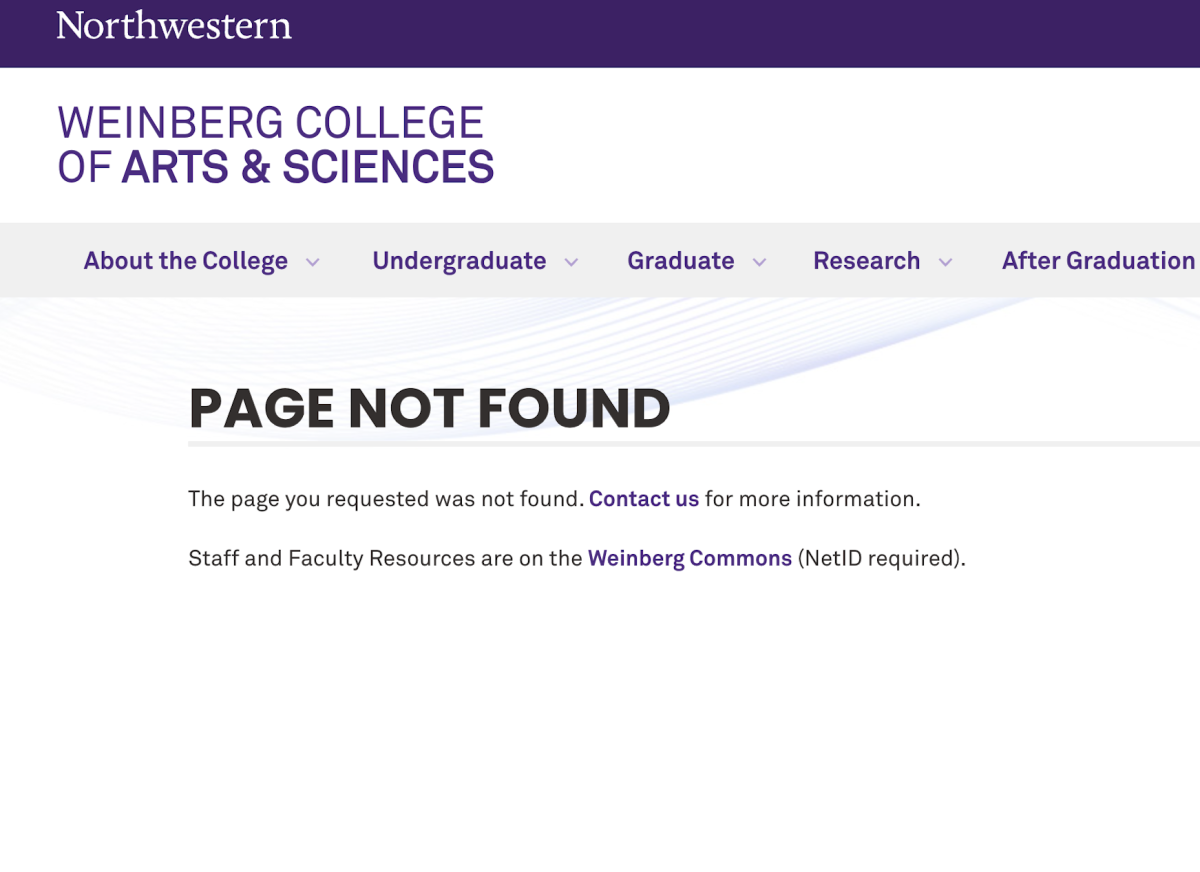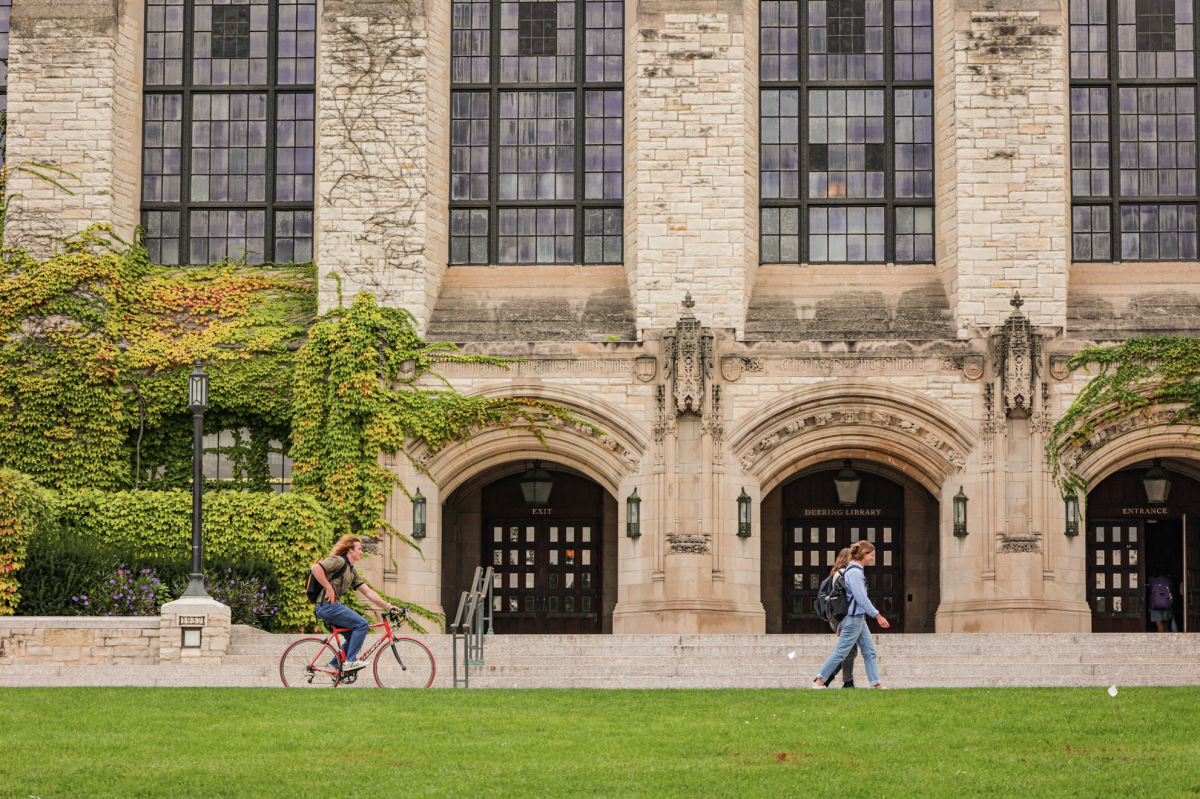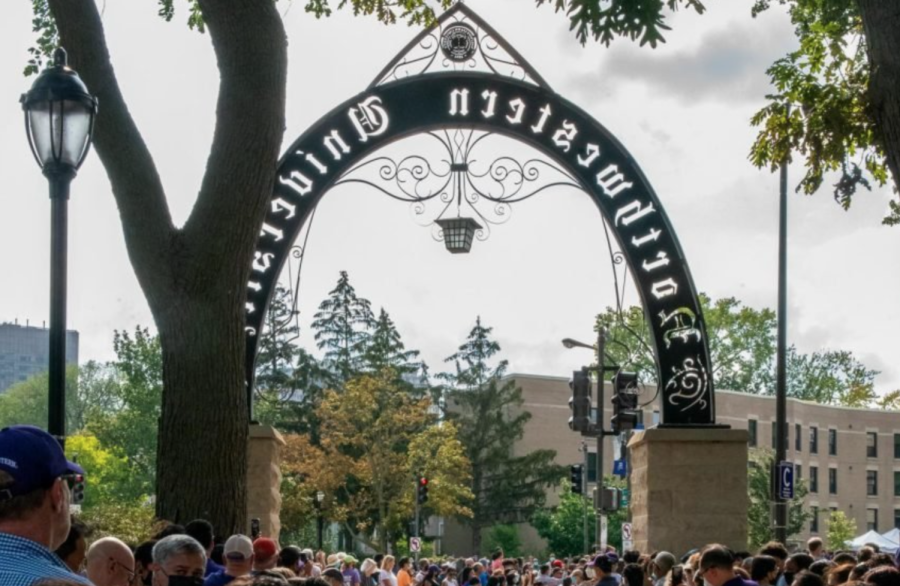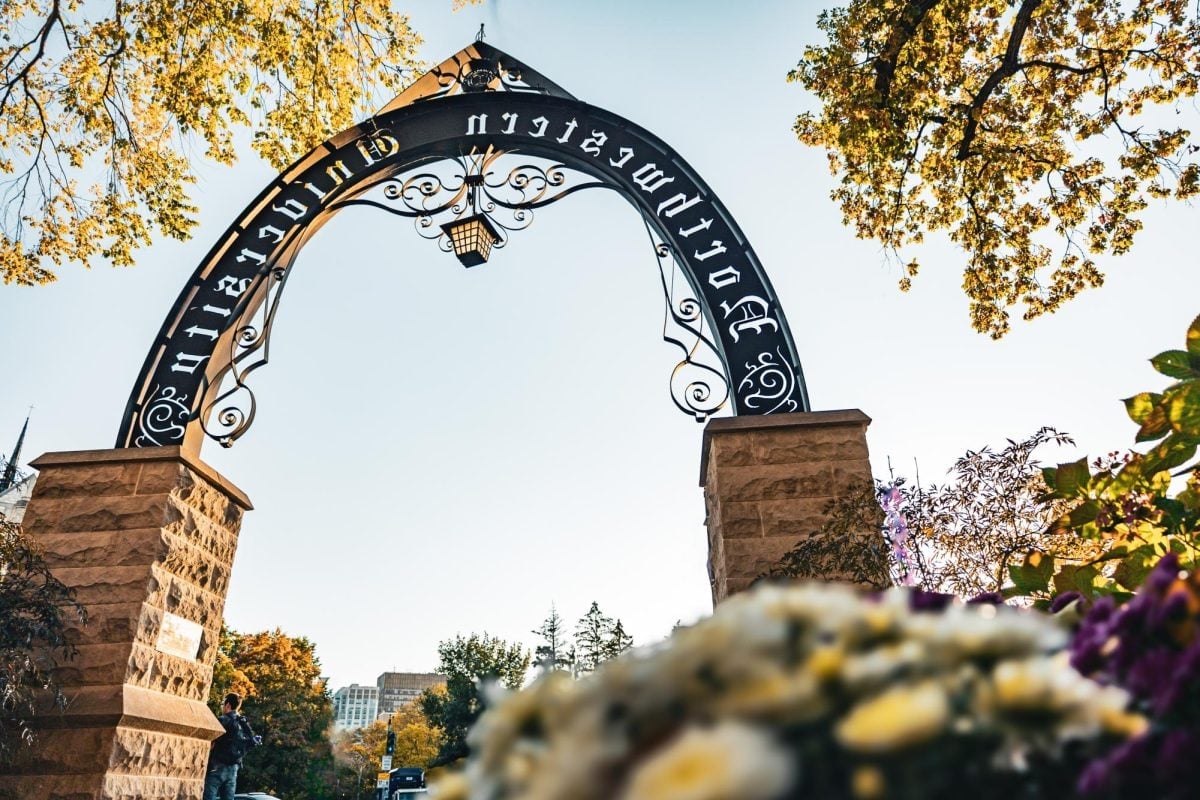Kellogg School of Management, like many business schools around the country, experienced a drop in applications for 2011.
Northwestern’s business school, ranked No. 4 in the country by Bloomberg Businessweek, experienced a 5.6 percent decrease in applicants since 2010, dropping from 5,270 to 4,974, according to the Office of Admissions. This decrease mirrors a larger trend experts are attributing to the prolonged recession.
Unemployment, at 9.1 percent nationwide in September, and the continued global economic crisis have kept applications down almost across the board for business schools. According to research published in September by the Graduate Management Admission Council, two-thirds of two-year, full-time MBA programs received fewer applications in 2011 than in 2010. This is the third consecutive year applications have fallen for full-time MBA programs. Harvard Business School reported a 4.7 percent drop from last year, University of Pennsylvania’s Wharton School a 5.7 percent drop and the University of Chicago’s Booth School of Business a 3 percent drop, according to the Council.
Jeremy Shinewald, the president and founder of consulting company mbaMission, said MBA applications typically rise in an economic downturn, as people seek shelter from the poor job market. However, in this continuing recession, fewer potential MBA candidates anticipate immediate benefits from a degree, he said.
“The return on investment may not be there the way it was in the past,” Shinewald said.
He said applications will likely rise once the global economy and financial confidence improve.
Fewer workers see the value in a degree with the current economic uncertainty, second-year Kellogg student Tom Boylan said.
“It makes sense that applications are down with the current economy,” he said. “Business school is a huge investment, and if people have jobs right now they might not want to risk leaving one job for a big risk that may or may not pay off.”
Students aren’t the only ones wary of this risk. In a press release, the president and CEO of the Graduate Management Admission Council cited economic uncertainty as an explanation for the broad drop in applicants.
“The caution in this year’s survey for full-time MBA programs is unsurprising in the current economy as students weigh the financial and time commitments required to pursue a graduate business degree,” Dave Wilson said in the press release.
Still, admissions experts caution students not to let the trend deter them from applying to graduate school. Shinewald said once the economy rebounds and workers believe the degree will pay off, “people will start going back in droves.”
“If you’re determined to get an MBA and you’re looking at the value of a long-term degree, now’s a great time to be applying,” Shinewald said. “Those who have accomplished a great deal are going to be in fine shape and are going to have less company this year.”
mmorris@u.northwestern.edu

